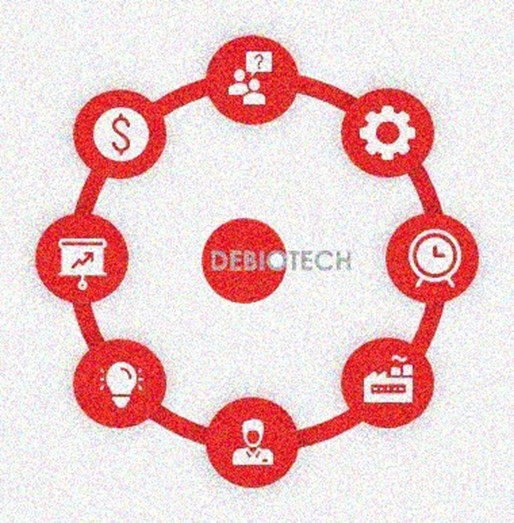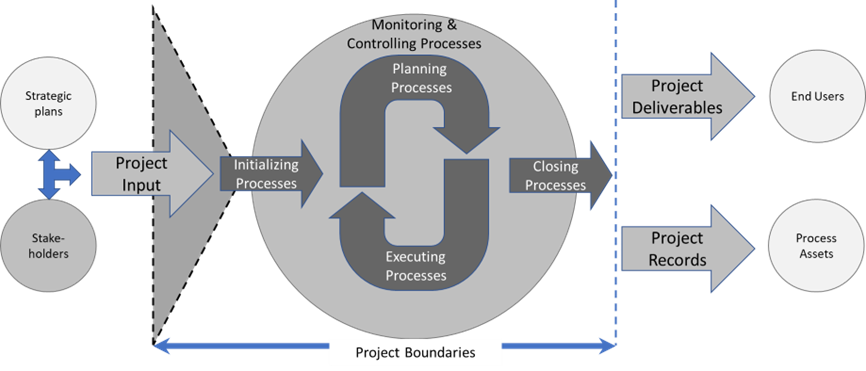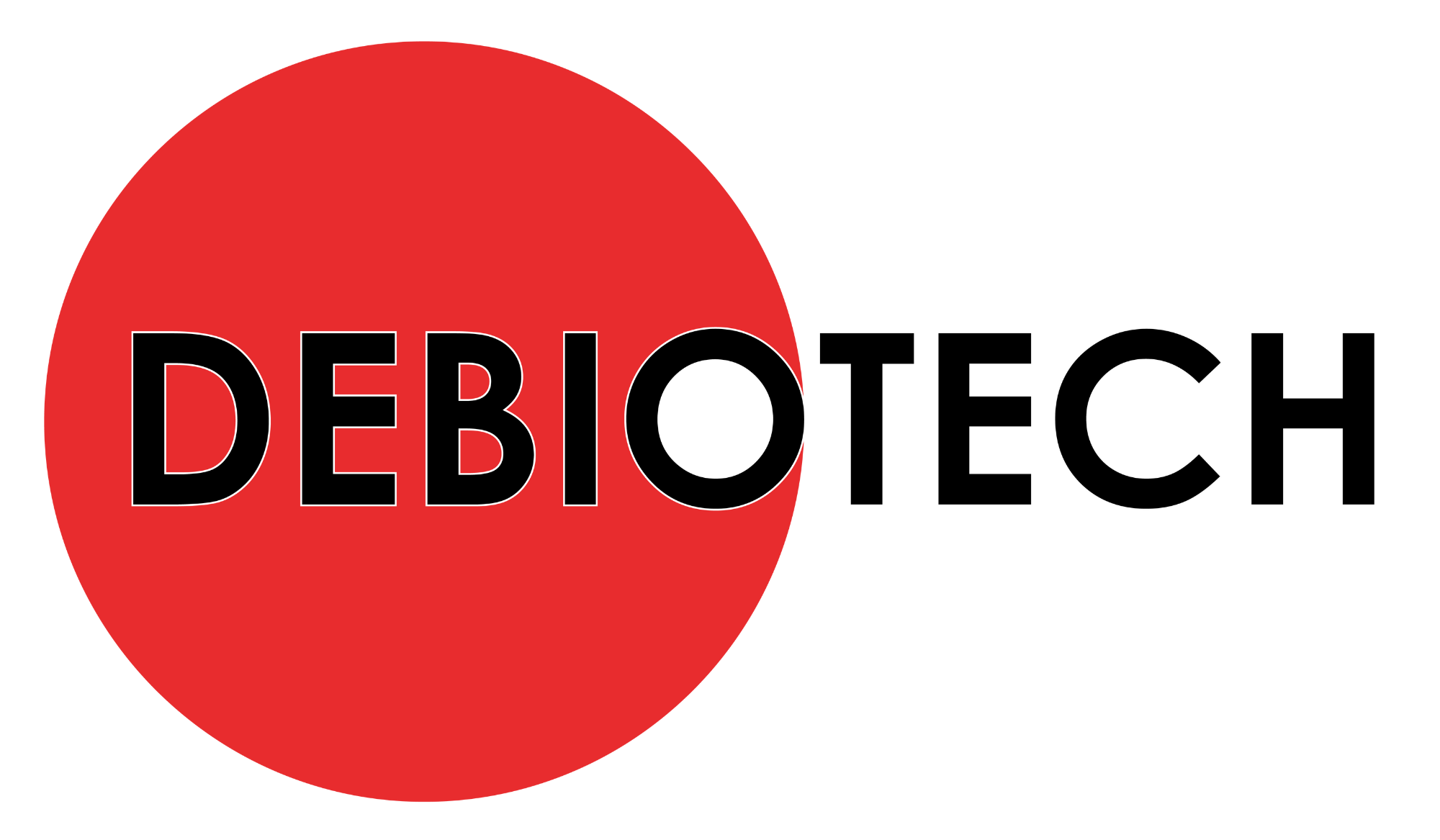
The goal of this publication is to help you in your transversal project management activities. Transversal project management is not a straightforward task involving a single individual; it is indeed a set of numerous and complex tasks with multiple stakeholders involved from different departments and organizations.
This is the fifth part of a series of 6 articles on this topic.
Targeted audience
The information gathered in this publication should be particularly useful for:
- C-Level executives,
- Project Managers,
- Quality Managers.
Project management methodologies
Multiple project and software project management methodologies exist. There is no ideal solution, and those methodologies should be understood to fit with your needs at the different stages of your development.
The commonly used project and software project management methodologies include:
- Agile methodology focusing on short term deliverables,
- Kanban methodology focusing on the optimization of the workflow,
- Waterfall methodology focusing on software development activities planning and their sequence
- V cycle methodology focusing on development activities planning, their sequence and on a controlled iterative approach,
- Scrum methodology focusing on short term deliverables and daily meetings to share experience and difficulties
- Critical Path Method relying on task planning and focus on tasks that are on the critical path (the ones that would have a direct impact on the project timing if delayed or if not achieved on time).
- Lean Project Management focusing on maximizing value and minimizing waste at all steps through continuous improvement of the processes for product and task delivery.
- Six Sigma Methodology focusing on financial returns of projects and encouraging decision making based on data.
Phases & activities associated to project management
Regardless of the project management methodology used, the following phases and activities can be applied. However, depending on the methodology, the effort put on each phase will change drastically. In the next chapters, we will describe the phases and activities as defined by the Project Management Professional certification (PMP Certification | PMI).
Phases of project management activities
Typical phases involved in project management include:
- Project initiation: During this phase, you must establish why you are doing the project and what business value it will bring. This would allow you to secure buy-in from key stakeholders. Expected deliverables and their quality (premium vs low cost) can be pre-defined within this phase. The expected delivery date or the available resources can also be pre-defined here, even if they will be reviewed in detail in the planning phase.
- Planning: in this phase, the project manager works with the project team to create the technical design, task list, resource plan, communications plan, budget, and initial schedule for the project and establishes the roles and responsibilities of the project team and its stakeholders.
- Execution: during the execution phase, the involved activities include start project development work, manage workflow for all project tasks, manage issues, manage project and sometime product risks, manage change orders, communicate with all stakeholders, verify milestones, and conduct gateway reviews.
- Monitoring and controlling: this phase is performed at in parallel of the execution phase and allows to control project advancements, to report key performance indicators, to monitor and verify the impact of change requests, to keep track of the scope of the project and to control costs, quality and risks. This will allow you to generate key data to facilitate communication with all stakeholders.
Closing: during this phase, the deliverables are transferred to the project customer, the project completion is confirmed, the contracts and documentation are reviewed to ensure compliant completion, the resources are released, and the documentation is archived. Finally, the most important step: Celebration of the project end!

Figure 4. Project management activities
Authors
 |
Rémi Charrier Business Development Director r.charrier@debiotech.com |
||
|
Stephan Proennecke |
 |
Next steps
Debiotech is glad to have the opportunity to share its knowledge with innovative companies from the MedTech industry. Your feedbacks on this publication are welcome and will be used to update it or to create new publications on topics you care about.
Continue your education on medical device development by:
- Accessing Debiotech historic publications: https://www.debiotech.com/news-grid/
- Following Debiotech on LinkedIn to be notified on new publications: https://www.linkedin.com/company/debiotech-sa
- Contacting us to ask a question or request personalized support: contact@debiotech.com
Debiotech would be proud to be your partner and support you with:
- Medical device design & development services:
- Software: Digital Health, Firmware, Embedded, SaMD
- Electronics: Design, Verification and Validation
- Mechanics: Design for micro-fabrication & fluidics systems
- Supply chain development and optimization
- Support in medical innovation management:
- Market analysis and segmentation
- IP management
- Business plan consolidation
- Partnership development


